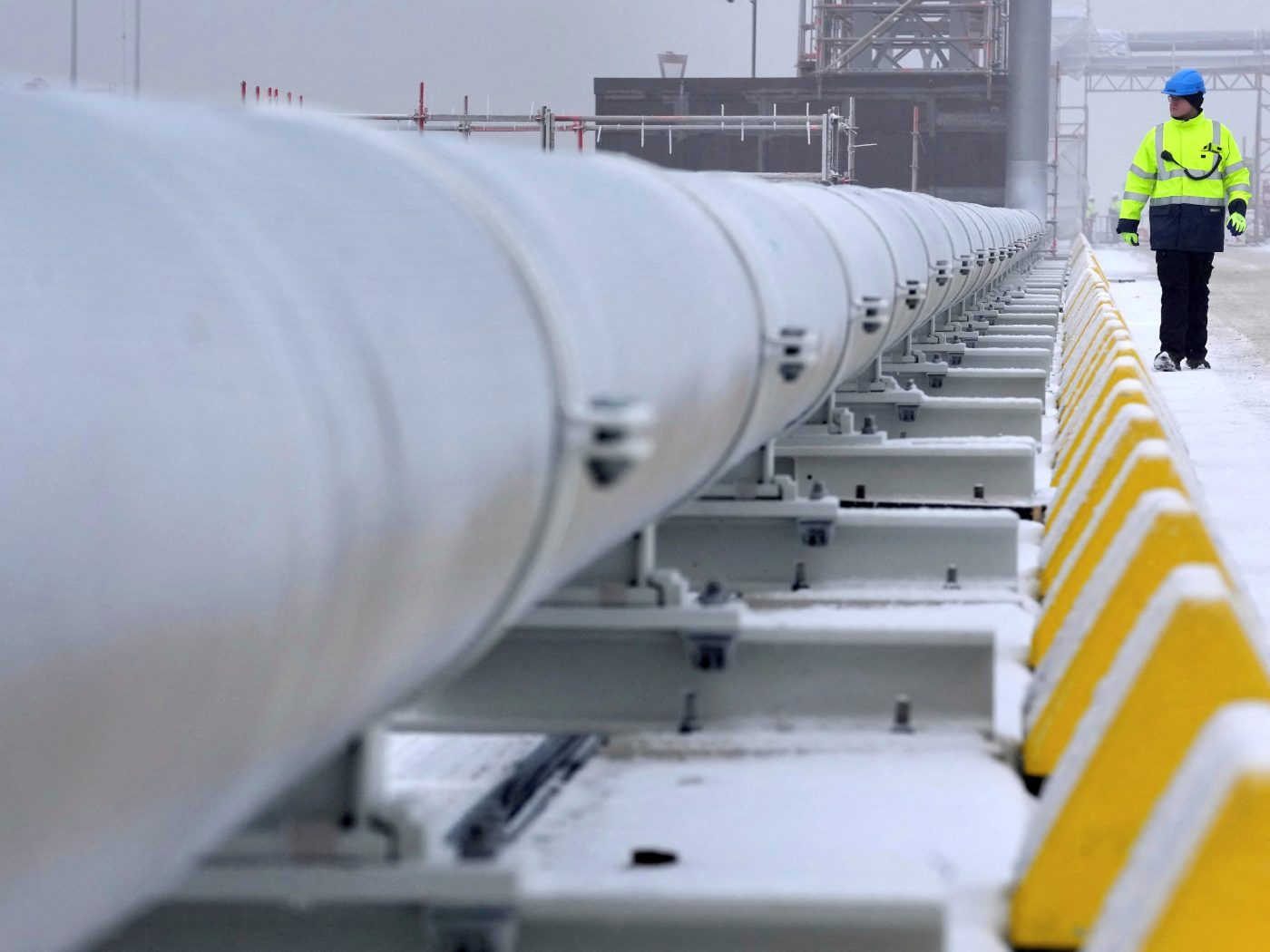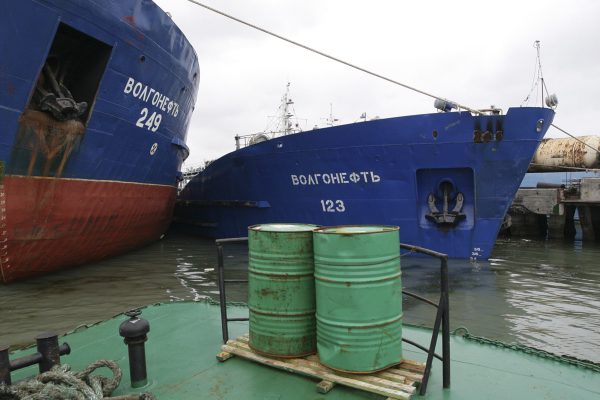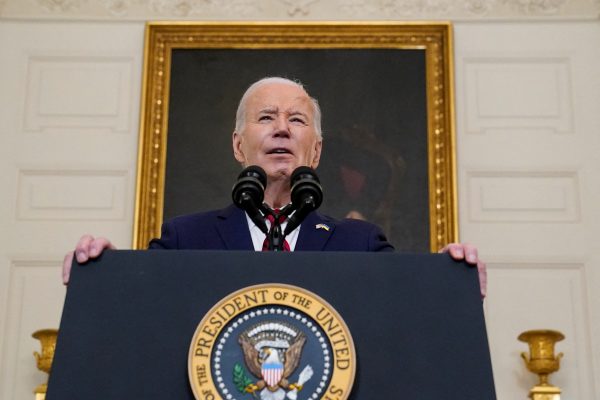A row has erupted between Germany and Central and Eastern European countries. They accuse Europe’s biggest economy of imposing a tax that sends their gas prices northward and encourages Russian imports at a time when the EU wants to end them.
The result? The erection of a significant barrier to Europe weaning itself off Vladimir Putin’s oft-used energy weapon.
Germany introduced the charge after it was forced in 2022 to buy natural gas for storage at record prices. It has nearly tripled since it was adopted.
It insists the tax is needed to recover more than €7bn ($7.6bn) which it spent to buy expensive gas for winter storage, and intends to keep it in place until at least 2027.
It also argues gas importers should pay since they too benefit from Germany’s storage facilities, some of Europe’s largest.
The Central European energy company’s response is unforgiving. The firms argue that Germany is behaving like a reckless market trader expecting its risk-taking to be subsidized by EU consumers. The levy contravenes the bloc’s fundamental free trade principles, potentially splitting the single market, they say.
This is because although the tax applies to all cross-border shipments, Germany’s Western European partners have much more flexibility in sourcing alternative imports and do not depend on it.
The same cannot be said about Central and East European buyers, who were pinning their hopes on securing gas either from or via Germany as they work to wean themselves off Russian gas.
The impact of the tax is already visible as eastward exports have been falling and the price to buy gas in Central Europe is on average €2/megawatt hour (MWh) higher than in Western Europe. For example, at the end of January, the price of gas for February delivery in Germany cost €28/MWh compared to €30/MWh in the neighboring Czech Republic, according to global energy and petrochemicals data provider, ICIS.
Instead, imports of gas reaching Slovakia and the Czech Republic either via Ukraine or Turkey and the Balkans have been rising, suggesting a possible increase in Russian imports in the last few weeks.
The issue, however, may get worse.
Italy may follow in Germany’s footsteps, having just completed a consultation on introducing a similar tax.
If adopted, possibly later this year, the levy would deal a double blow to Central European countries and in particular to Austria which has been looking to replace Russian imports with gas delivered via Germany and Italy.
Faced with the growing energy market risks, Austria too is now mulling a similar charge although so far there have been no detailed discussions.
In brief, if Germany does not scrap the tax and Italy adopts its own levy, Central European buyers may have little choice but to turn to Ukraine and force it to extend its transit contract with Russia’s Gazprom beyond its expiry at the end of this year.
Ukraine has so far insisted it does not intend to continue this transit deal, while heavily reliant Russian gas importers such as Austria have also signaled an intention to diversify away.
Moreover, Ukraine is keen to develop its own gas storage business, taking advantage of its vast underground facilities. However, with import costs rising because of the German and potentially Italian tax, these plans may be badly hit.
Austria, the Czech Republic, Poland, Slovakia, and Hungary wrote to the European Commission last spring, asking them to investigate the matter.
The commission insists the integrity of the EU market is a priority, but so far there are no indications it has taken steps to prevent the German and potentially Italian tax from fragmenting it.
Companies say in private the EU should launch legal action because, ultimately, Germany was one of the causes of the 2022 energy crisis by allowing itself to become overwhelmingly reliant on cheap Russian gas.
When Gazprom decided to cut supplies to the EU in response to the bloc’s support for Ukraine, Germany was severely exposed because it was one of Gazprom’s largest customers.
To offset the loss, it was forced to secure gas from alternative sources at punishingly high prices.
Countries affected by the tax could also initiate legal proceedings.
Nevertheless, government advisors and companies admit the option is unlikely because smaller countries are apprehensive about antagonizing Germany for fear of retaliation.
There is no doubt that Germany’s gas-dependent economy has been badly hit by the crisis and that measures need to be taken to put it back on an even keel. It’s also true that Germany faces a stuttering economy and serious economic problems.
However, choosing to vex Central and East European neighbors, already disgruntled by Germany’s cozy political relations with Russia up to 2022, may not be the wisest way to mend an economy.
Dr. Aura Sabadus is a senior energy journalist who writes about Eastern Europe, Turkey, and Ukraine for Independent Commodity Intelligence Services (ICIS), a London-based global energy and petrochemicals news and market data provider.
The views expressed are her own.
Europe’s Edge is CEPA’s online journal covering critical topics on the foreign policy docket across Europe and North America. All opinions are those of the author and do not necessarily represent the position or views of the institutions they represent or the Center for European Policy Analysis.





